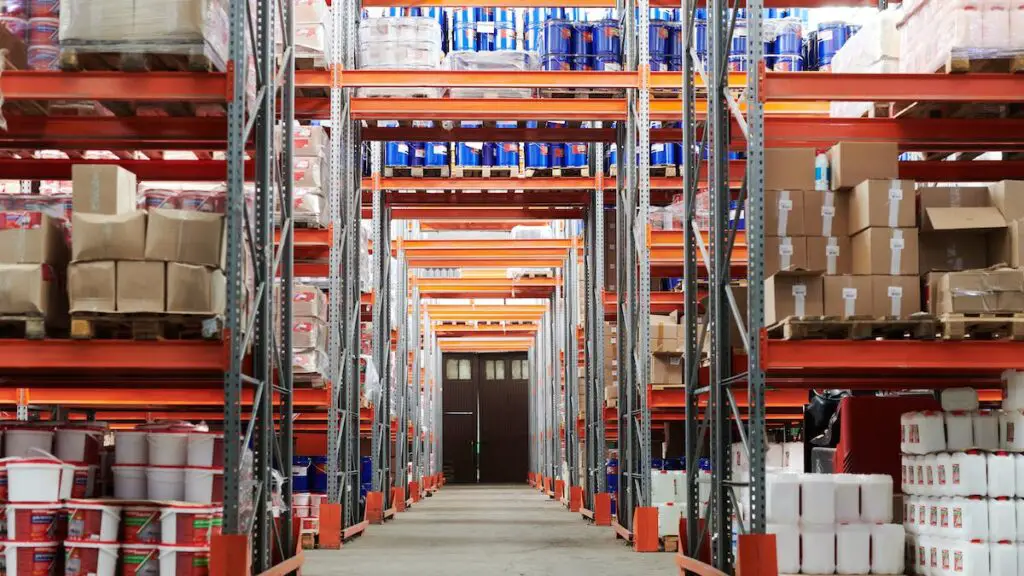Harnessing the Power of Technology in Direct-to-Consumer (D2C) Logistics: A Comprehensive Guide
In today’s digital age, technology plays a pivotal role in enabling personalized marketing strategies and facilitating seamless transactions. With the rise of Direct-to-Consumer (D2C) marketing post-pandemic, fueled by the increasing trend of online shopping, companies are leveraging digital platforms to engage directly with customers and deliver personalized experiences. Statista reports that India ranks third globally in terms of digital purchasing, boasting a digital base of 600 million internet users and 185 million online shoppers. This underscores the importance of a robust logistics technology stack to streamline D2C operations effectively.
A well-integrated logistics technology framework is crucial for efficient supply chain management, minimizing disruptions from order processing to last-mile delivery. To meet the evolving demands of online shoppers and uphold the sustainability of the dynamic D2C model, a harmonious collaboration between technology and advanced logistics solutions is essential. The logistics tech stack serves as a backbone for the D2C model, seamlessly integrating various components such as front-end and back-end frameworks, transportation management systems (TMS), warehouse management systems (WMS), dedicated logistics apps, application programming interfaces (APIs), workflow automation tools, data analytics, AI technologies, communication platforms, and security protocols. This integration ensures real-time visibility into shipments, precise inventory management, swift order fulfillment, and responsive communication, addressing the evolving needs of customers and enhancing supply chain efficiency.
The success of the D2C model largely hinges on the logistics tech stack, which acts as a unified solution to optimize operations. Let’s delve into how the logistics tech stack propels the growth trajectory of D2C enterprises through the following avenues:
Integrating API for Seamless Communication
Application Programming Interfaces (APIs) play a pivotal role in facilitating communication between different software systems. By seamlessly sharing data between disparate tasks, APIs enhance the efficiency of operations. Integrating a third-party last-mile delivery system with local dispatch systems and e-commerce platforms via APIs streamlines the process, ensuring synchronization and real-time updates. Despite the inherent challenges of last-mile logistics, API integration proves instrumental in optimizing and expediting processes, particularly during peak periods.
Enhancing Route Optimization Techniques
Route optimization software serves as a strategic tool in last-mile logistics, especially in congested urban areas. This advanced software enables timely dispatching based on optimal road usage and effective traffic management. Delivery teams can leverage live tracking features to adjust routes promptly in response to unforeseen events like traffic congestion and weather conditions. By ensuring route optimization, delivery companies can maximize efficiency, save time, and cut costs by leveraging real-time data to make informed decisions.
Utilizing AI for Data Analysis
Artificial intelligence (AI) holds immense potential in revolutionizing last-mile delivery operations. By enhancing communication channels and providing real-time delivery updates, AI algorithms can lower costs, minimize errors, and elevate the customer experience. AI technology can forecast periods of high demand, identify potential supply chain bottlenecks, and predict maintenance requirements for vehicles. Through sensor-based solutions, AI can also proactively identify obstacles in delivery routes, enhancing driver safety and preventing delays. By harnessing AI for data analysis, last-mile delivery processes become more efficient, agile, and customer-centric.
Streamlining Warehouse Processes with WMS
An efficient Warehouse Management System (WMS) is vital for optimizing logistics operations, reducing shipping times, and ensuring accurate packaging. Besides expediting last-mile delivery, a well-implemented WMS helps mitigate delays caused by missing or misplaced items. To further enhance warehouse efficiency, experts recommend integrating demand forecasting and automating inventory management processes. Employing just-in-time (JIT) delivery methods can further optimize inventory levels. A robust WMS is imperative for enhancing operational efficiency and ensuring a seamless last-mile delivery experience.
Elevating Customer Satisfaction and Loyalty
Effective communication with customers, even in the event of delays, is vital for maintaining customer satisfaction and loyalty. Timely updates on delivery status via instant communication tools are essential to keep customers informed and engaged. Gathering feedback through surveys and follow-up emails demonstrates a commitment to customer service and helps businesses understand customer preferences. By valuing customer feedback and actively seeking input, companies can not only improve customer satisfaction but also foster long-term loyalty and repeat business.
In Conclusion
The convergence of technology and a robust logistics tech stack is instrumental in driving D2C enterprises forward in today’s dynamic landscape. From API integration and route optimization to AI data analysis, streamlined warehouse processes, and enhanced customer satisfaction, embracing technological innovations is essential for sustaining growth, efficiency, and customer loyalty in the evolving realm of modern logistics. By leveraging these tools and strategies, businesses can navigate the complexities of the digital age and achieve success in the competitive D2C market.
(Yash Jain is the CEO & Founder at NimbusPost.)
(Disclaimer: Views expressed are personal and do not reflect the official position or policy of Financial Express Online. Reproducing this content without permission is prohibited.)
In essence, the integration of technology and advanced logistics solutions is crucial for optimizing D2C operations and meeting customer expectations in the era of digital commerce. Embracing API integration, route optimization, AI data analysis, efficient warehouse processes, and proactive customer engagement is key to driving growth and efficiency in the fast-paced world of Direct-to-Consumer logistics. By staying abreast of technological advancements and prioritizing customer satisfaction, businesses can thrive in the competitive landscape of modern commerce.


